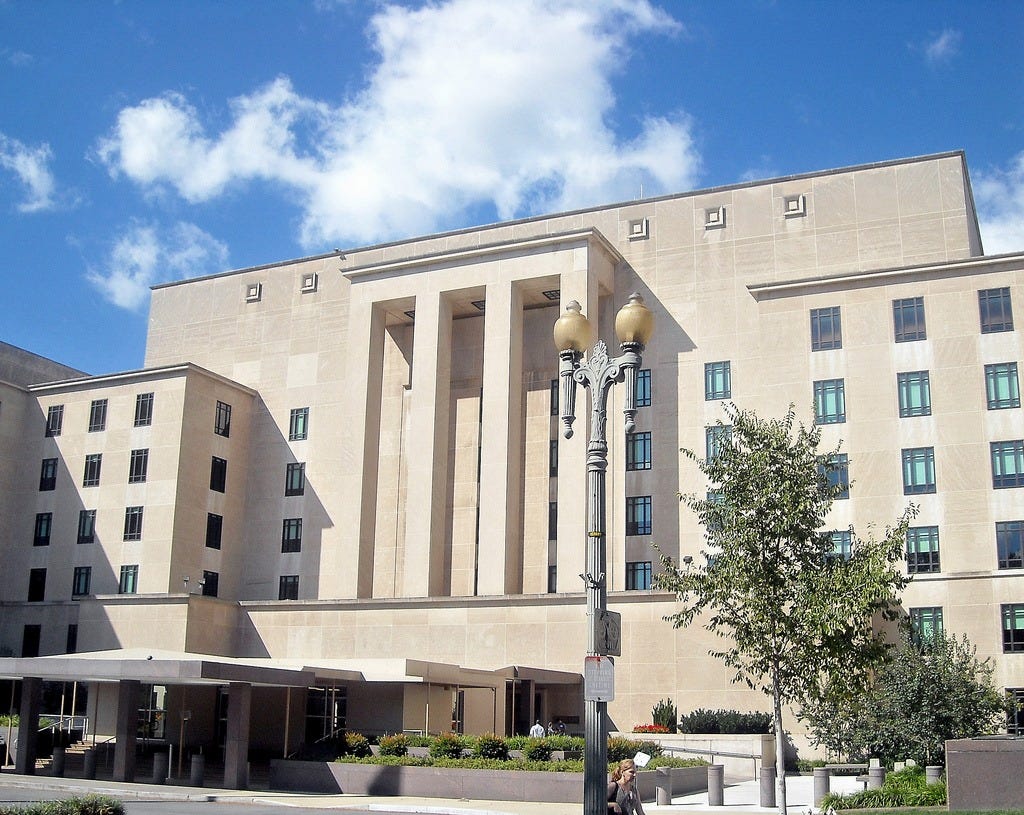USCCB: State Dept. termination of refugee agreement is ‘unlawful’
Conference lawyers argue the move 'doubles down on an unlawful refusal to comply' with legal obligations
Lawyers for the U.S. Conference of Catholic Bishops told a judge Thursday that the State Department's move to cancel a contract for refugee resettlement is “unlawful” and should be overturned.
The argument came just one day after the State Department abruptly canceled a longstandi…

